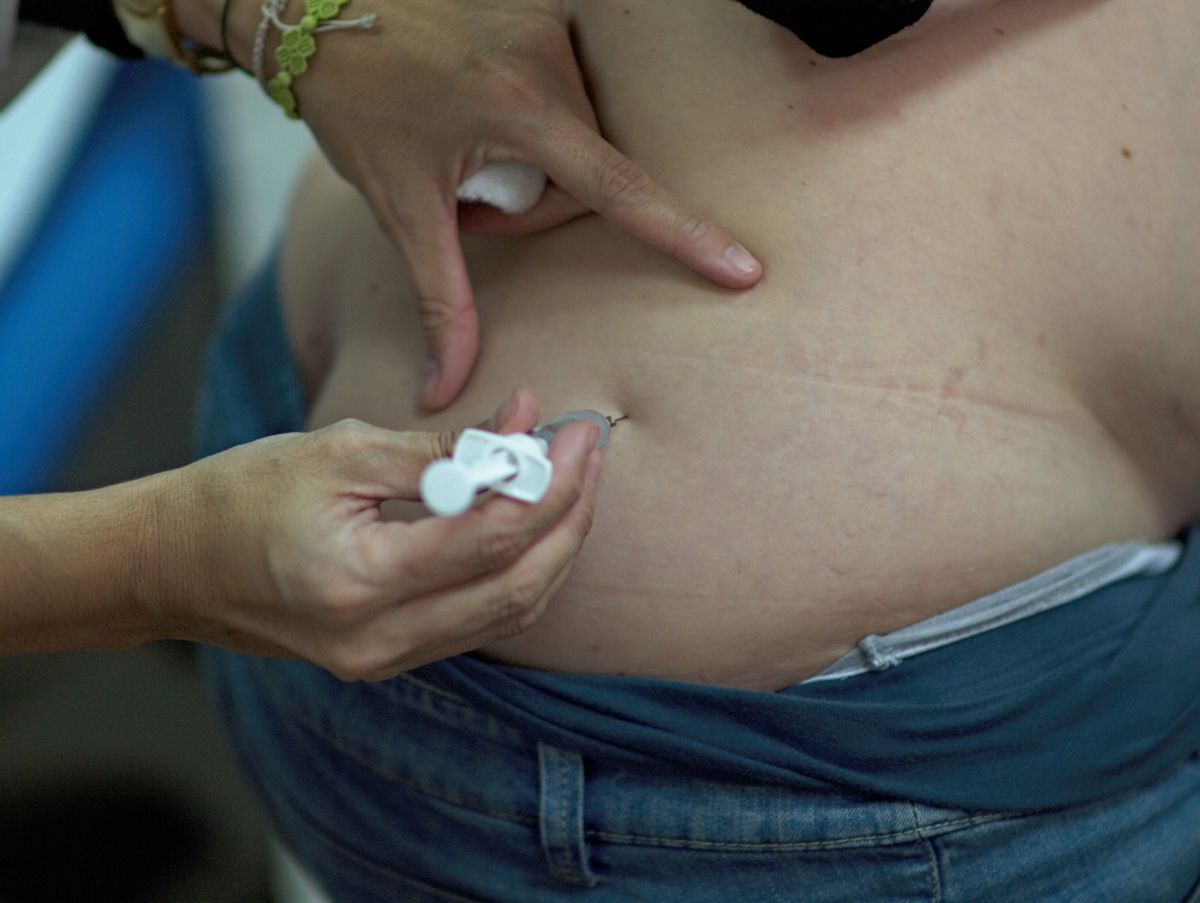
Injection
Putting a liquid into the body by using a syringe is called injection. The injection is given through the skin and usually into the muscle, but as we will see later, that is not always the case. There are different types of injections such as intradermal, intramuscular, subcutaneous, intraosseous, intravenous, and intraperitoneal. Depot injections have long lasting effect and they are used to substitute daily medicine intake.
Intramuscular injection
Intramuscular injections are those where the fluid is inserted in a muscle. Great number of vaccines is given in the muscle, because that way, medicine works almost immediately. These kinds of injections are usually given by medical staff, but in some cases, especially when a patient needs to receive medicine every day for a longer period of time, injections can be administered by a patient himself.
Depot injection
These kinds of injections are often subcutaneous or intramuscular, and their active ingredient is released slowly during time. The good thing with these injections is that they decrease the number of necessary medicine intake. However, the bad thing is that when once given, the action of the depot shot can’t be stopped, because it is gradually released over time.
Pain during the injection
There are different ways to relieve the pain that is experienced during the injection. Putting ice or topical anesthetic can help in reducing pain. Other method that helps is to pinch frequently the place on the skin where the injection will be administered. Some researches showed that cough can help in reduction of pain. If someone coughs while receiving a shot, the pain will not be sensed. However, widely used method of relieving pain of an injection is to draw patient’s attention from the injection.
Complications of injections
Injections can cause problems like abscesses, inflammations of the joints, and extravasation. If any of these problems occurs, then it can cause the development of some severe conditions such as bacteraemia or sepsis. The outcome of these conditions can be extremely serious and they can even lead to death. Fortunately, complications of this kind are uncommon. When a patient is complaining, it can be the sign of the upcoming complication, which is why it is important to react fast and prevent severe health problems. Fast reaction usually means that the surgical procedure must be performed. This kind of treatment is also efficient in decreasing costs of hospitalization, because in this case, a patient will spend less time in the hospital.


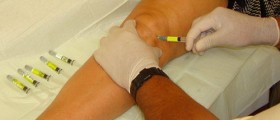






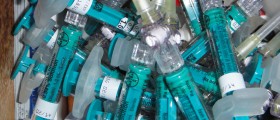

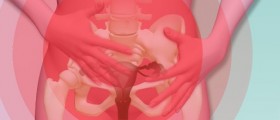




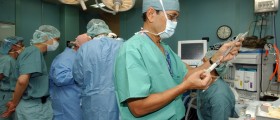
Your thoughts on this
Loading...